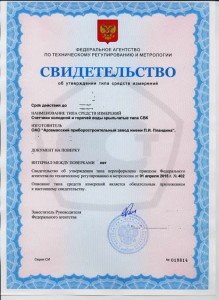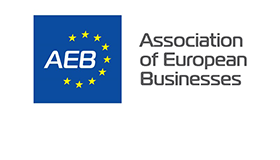Gost R Pattern of Approval for Metrology – last update 15.04.2016
Holding an equivalent certificate issued by institutions other than the Russian Rosstandart does not exempt from attaining such certificate. Although the results of previous tests is used as a basis for the issuance of the Gost R Pattern of Approval.
Tests, audits and inspections for the issuance of the Gost R Pattern of Approval for Metrology
 The Gost R certification for metrology, through the joint work of certification centers as TechSert and research institutes, under the direct control of the federal agency Rosstandart, fulfills the need of guaranteeing certainty and reliability of measuring systems and measuring instruments.
The Gost R certification for metrology, through the joint work of certification centers as TechSert and research institutes, under the direct control of the federal agency Rosstandart, fulfills the need of guaranteeing certainty and reliability of measuring systems and measuring instruments.
The technical organizations described so far, coordinated by our specialists, manage all the technical, legislative and administrative procedures that the subject requires. Our facility produces directly with the help of qualified and accredited specialists, the necessary inspections, tests and controls necessary to finally issue the Gost R Pattern of Approval for legal Metrology.
Audits and inspections, in order to prepare the necessary documentation for attaining the Gost R Metrological Certificate, are completed, depending on the type of product, at an accredited laboratory located in Russia, at the facility of production or at an appointed laboratory, with the presence of Russian personnel.
Ask our specialists for an offer!
Gost R Patter of Approval for Metrology normative
The normative basis for the Gost R Pattern of Approval certification is contained in a vast archive of technical regulations Gost R, drawn up in conformity with the recommendations provided by the International Organization of Legal Metrology (OIML).
The possession of an equivalent certificate issued by a certification institution of a country other than Russia does not give the right of exemption from the Mandatory certificate of legal metrology.
The certificate Gost OIML does not replace the EAC certificate or EAC declaration, which however accompany in cases where the product falls within the regulated categories.
Timing and Costs of the certificate of metrology Gost R Pattern of approval
Issuing time from the delivery of all the required documents: 3 – 8 months
Total cost: from 4000 Euro
Inspection: Mandatory
Validity: single shipment, 5 years
Costs may vary depending on the time validity request, the product to be certified and the number of product variants, or different products if considered similar.
















